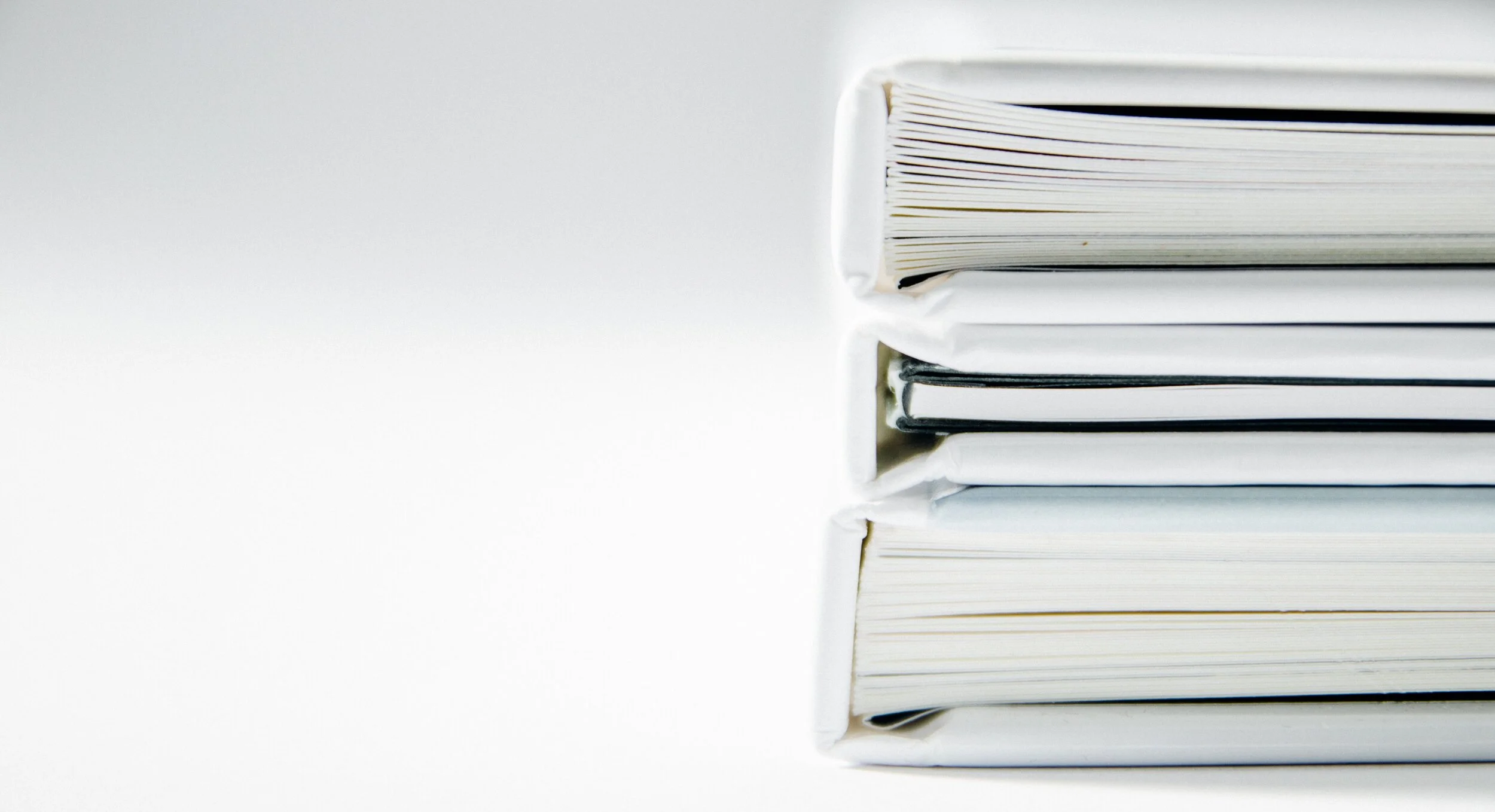What Documents Should You Keep & What Should You Shred?
Updated June 2025
When it comes to managing personal or business paperwork, one of the most common questions is: Which documents should I keep, and which ones should I shred? In Canada, certain documents are required to be retained for a set number of years under federal or provincial laws—especially for tax or legal reasons—while others can be securely shredded sooner to protect your privacy.
To help you stay organized and protect sensitive information, we’ve put together this easy-to-follow guide based on Canadian record retention guidelines.
Documents to Shred Immediately
Some documents contain sensitive personal information but have no legal or tax value once used. These should be shredded right away to prevent identity theft.
Paid utility bills and phone bills (unless tax-deductible)
Documents with personal information, such as:
Account numbers
Birthdates
Passwords or PINs
Signatures
Social Insurance Numbers (SIN)
Shred After 1 Month
Credit card and bank statements
Shred after confirming the charges are accurate and payments are complete. Keep longer if they support tax deductions or major purchases.
Shred After 1 Year
Pay stubs
Match them to your T4 slips and tax return, then shred.
Medical records and bills
Keep for at least 1 year after payment. If the bill is related to a dispute or long-term treatment, retain for up to 5 years.
Other short-term records such as:
Car repair bills
Prescription receipts
Employee expense reports
Freight/shipping invoices
Accounts payable/receivable
Budget projections
Keep these for at least 1 year; some businesses retain them for up to 4 years to support audits or claims.
Shred After 7 Years (CRA Guidelines)
According to the Canada Revenue Agency (CRA), individuals and businesses should keep tax-related documents for a minimum of 6 years from the end of the last tax year to which they relate. However, to be safe, most experts recommend retaining tax documents for 7 years.
Personal and business tax returns
T4s, T5s, and all supporting documents
Year-end bank and investment statements
Receipts for tax-deductible expenses
Sold property documents (title, deed, purchase/sale agreements)
Payroll records and employee timesheets
Terminated employee files and withholding tax records
Keep for Extended Periods
Insurance policies
Keep documents for the life of the policy plus 5 years, in case of future disputes.
Home ownership and improvements
Retain records for 6 years after the home is sold, especially if renovations impact capital gains calculations.
Accident or legal claims
Keep records for up to 7 years after resolution, as civil limitations in Canada often extend to this timeframe.
Documents to Keep While Current
These documents should be retained for as long as they are active or in use. Expired versions should be shredded securely if they contain personal data.
Product warranties and receipts
Appliance manuals
Current insurance policy statements
RRSP and investment plan statements
Lease or loan contracts
Memberships and utility agreements
Social Insurance Number confirmation letters
Documents to Keep Forever
Some records should be permanently retained due to their legal, personal, or historical value. These include:
Birth, marriage, and death certificates
Divorce decrees
Wills and powers of attorney
SIN cards and passports
Educational diplomas and transcripts
Pension and retirement documents
Business licences and legal judgments
Mortgage or loan repayment confirmations
Securities and trade confirmations
Why Document Shredding Is Important
Whether you’re clearing out old paperwork or managing ongoing records, secure shredding is crucial to protect your identity, comply with privacy laws, and keep your home or office clutter-free. In Canada, privacy legislation like PIPEDA (Personal Information Protection and Electronic Documents Act) requires that personal information be destroyed securely when no longer needed.
Need Secure Shredding in Alberta?
Merlin Shredding offers mobile, on-site shredding services for both residential and commercial clients. We help you dispose of confidential documents safely and in compliance with Canadian privacy laws.
📞 Call us today at 403-340-2401
📧 Email: info@merlinshredding.com
We’re here to help with scheduled pickups or one-time purges.



